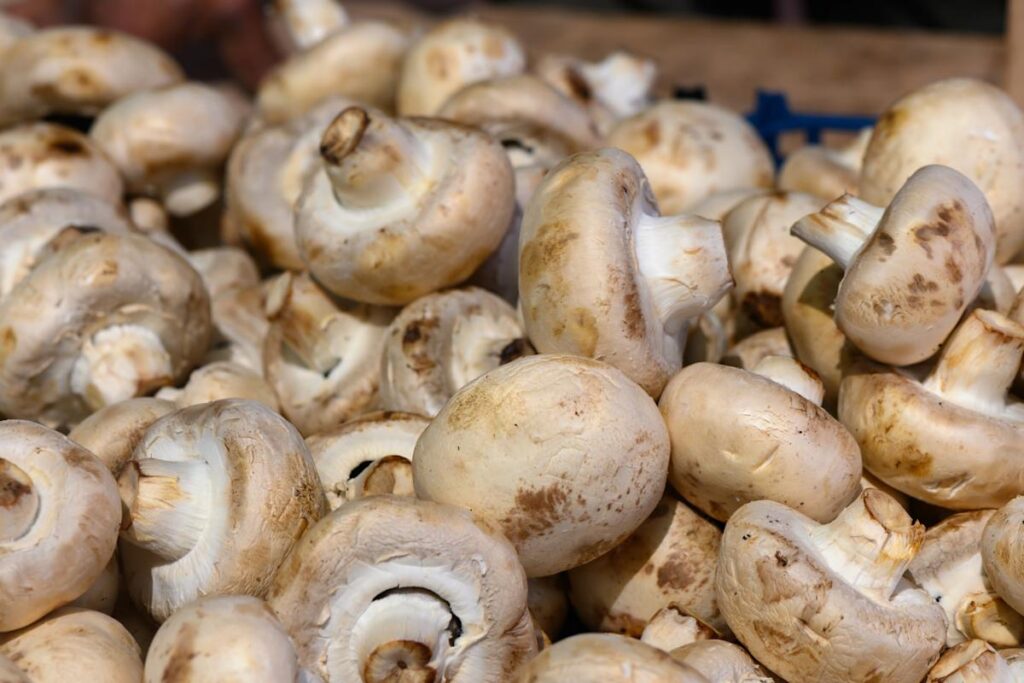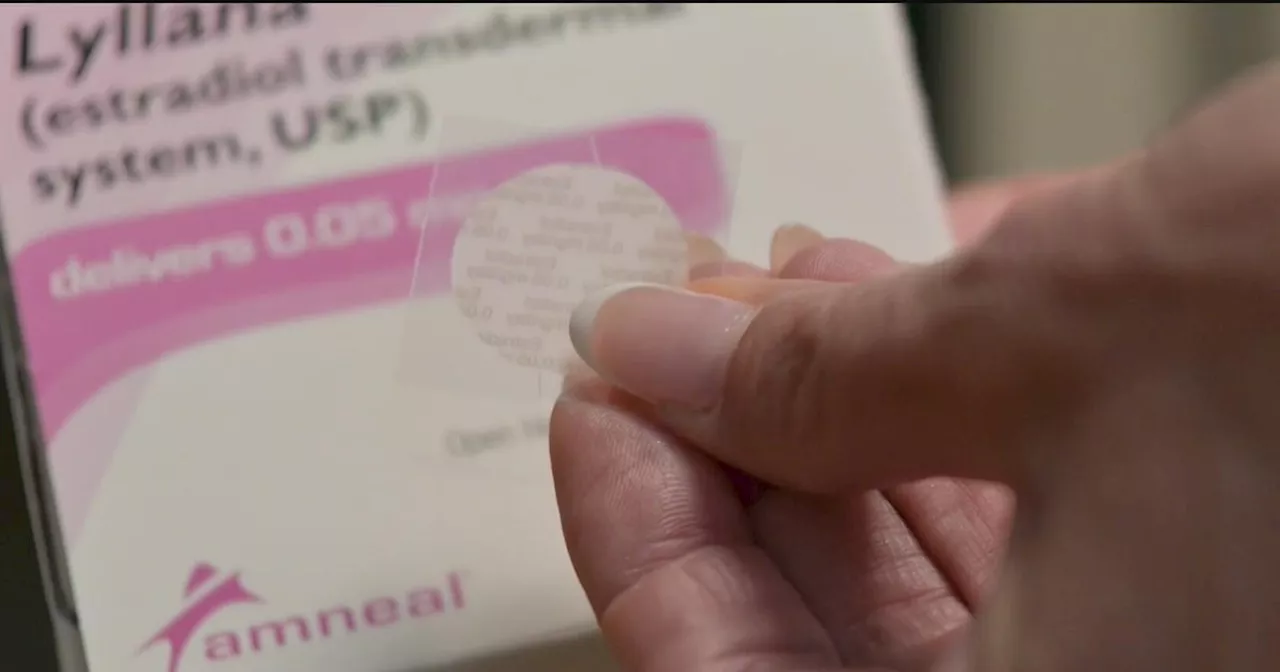
BEIJING – Scientists have made a groundbreaking discovery in agricultural composting, introducing a new method that significantly enhances crop performance.
Immediate Impact
A team of researchers from the Kunming Institute of Botany, part of the Chinese Academy of Sciences, has developed a composting technique using a specific species of mushroom. This innovative approach not only suppresses pathogens but also enhances plant growth, offering a promising alternative to traditional composting methods.
Key Details Emerge
The study, published in the journal Environmental Science & Technology, highlights the effectiveness of mushroom-enhanced compost in reducing antibiotic-resistant genes and other organic pollutants. The researchers reported, “The results show significant growth of oats stimulated by biofertiliser use.”
Global agriculture produces 14 billion tons of crop straw and 125 million tons of livestock manure annually.
Industry Response
The discovery is being hailed as a potential game-changer in sustainable agriculture. Traditional composting methods face challenges due to antibiotic-resistant genes and pathogens infiltrating soil and plant systems. The mushroom composting method addresses these issues, reducing pollution and enhancing food safety.
By the Numbers
“The results show significant growth of oats stimulated by biofertiliser use.” – Researchers, Kunming Institute of Botany
Background Context
Agriculture is a critical component of global sustainability, providing essential food supplies and driving economic activity. However, the industry also generates substantial waste, contributing to environmental challenges such as air and water pollution. Composting offers a natural recycling process for organic matter, transforming waste into valuable fertilizer.
Expert Analysis
Experts in sustainable agriculture are optimistic about the implications of this study. Dr. Li Wei, an environmental scientist, noted, “This development builds on existing efforts to make agriculture more sustainable and less harmful to the planet.”
Regional Implications
The timing of this breakthrough is particularly significant as countries worldwide seek to reduce agricultural waste and its environmental impact. The mushroom composting method could be a crucial step in achieving these goals, especially in regions heavily reliant on agriculture.
What Comes Next
Looking forward, the researchers plan to expand their studies to other crops and regions, hoping to replicate their success on a larger scale. The move represents a significant shift from traditional practices, paving the way for more sustainable agricultural methods.
The waste from agriculture presents a significant problem, but with researchers using the latest technology and conducting ingenious studies, it is a problem well on its way to being solved.
Join our free newsletter for weekly updates on the latest innovations improving our lives and shaping our future, and don’t miss this cool list of easy ways to help yourself while helping the planet.






